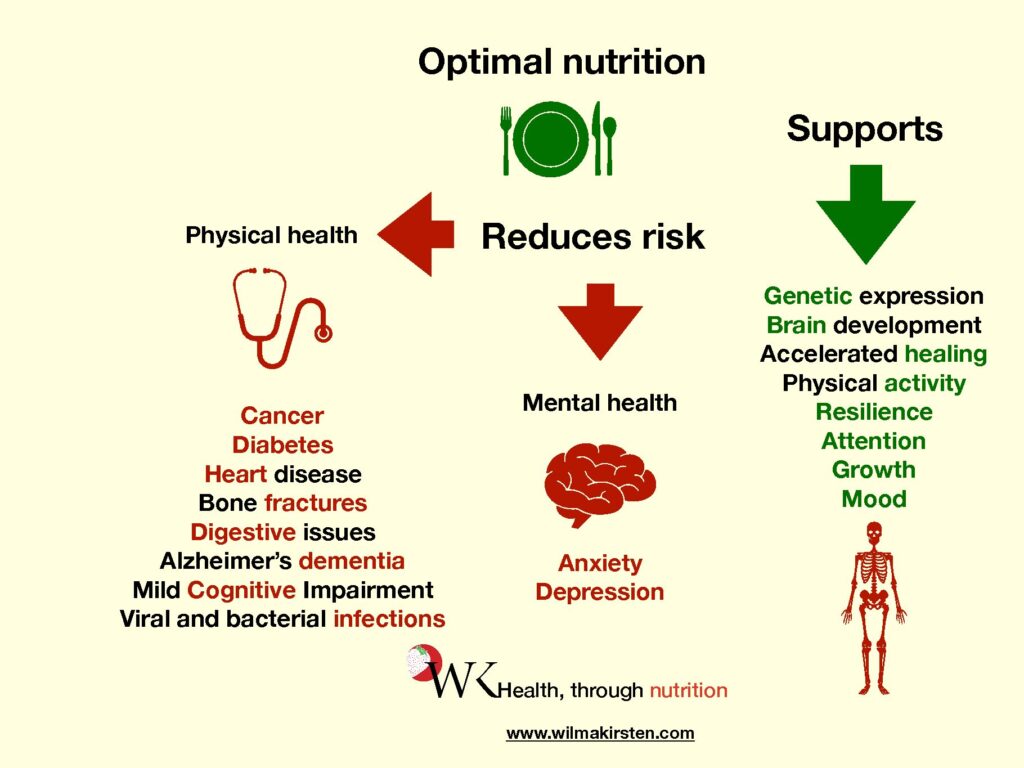We are so fortunate to live in a time where longevity is the norm, rather than the exception, particularly in developed countries. However, there is a price to pay for being alive much longer than our ancestors. Our minds are subject to genetic, environmental, and lifestyle challenges that not one of us can escape.

Favreault and Johnson (2021) project that one in three of today’s working class adults who survive to age 65 will become significantly cognitively impaired before the end of their lives; 40% of those individuals will need care for five or more years. The cost of care and associated medical expenses can leave many families out of pocket, even in countries with social health care.
Unlike early onset dementia, sporadic Alzheimer’s disease (AD) is not a genetic disorder despite the correlation with the presence of the apolipoprotein E (APOE*ε4) gene – classified as a risk factor, not a definitive cause. Hugo and Canguli (2014) state that age is the most definitive factor that predisposes some individuals to cognitive decline and is partly due to the buildup of beta-amyloid protein (Aβ) and subsequent formation of amyloid plaques that leads to neuronal death over time. Limited education, physical inactivity, co-morbidities, lifestyle and diet furthermore appear to increase risk of disease progression. This emphasises the fact that the majority of dementia cases cannot be classified as a genetic disorder.
Unfortunately a diagnosis of dementia or AD only occurs once disease progression is irreversible, hence why we called it progressive cognitive decline. We do however know that there are many years preceding such a diagnosis that play a vital part in disease formation. Crucially, midlife (age of 40 years and onwards) is the pivotal period during which our choices lay down the foundation for long-term health outcome.
There are clearly big differences between genetic predisposition to early onset dementia, brain trauma, and accelerated cognitive decline. If your parents passed on the relevant genes pertaining to early onset dementia there is unfortunately, as of yet, little that can protect you from your eventual premature destination. Similarly, if you experience a traumatic brain injury then your fate is also predestined.
In all other circumstances we can ameliorate the path of natural cognitive decline via our diet and lifestyle choices. What protects your heart is as functional when it comes to protecting your brain. Tobacco use and exposure, illicit drugs, alcohol, and bad dietary choices are all within your control.
The Wilma Kirsten Clinic is here to help you support optimal cognitive function.
References:
Hugo, J. and Ganguli, M. (2014) ‘Dementia and cognitive impairment: epidemiology, diagnosis, and treatment’, Clinics in Geriatric Medicine, vol. 30, no. 3, pp. 421-442.
Favreault, M.M. and Johnson, R.W. (2021) ‘The Risks and Costs of Severe Cognitive Impairment at Older Ages: Literature Review and Projection Analyses’, Office of the Assistant Secretary for Planning and Evaluation, 31 January 2021.
